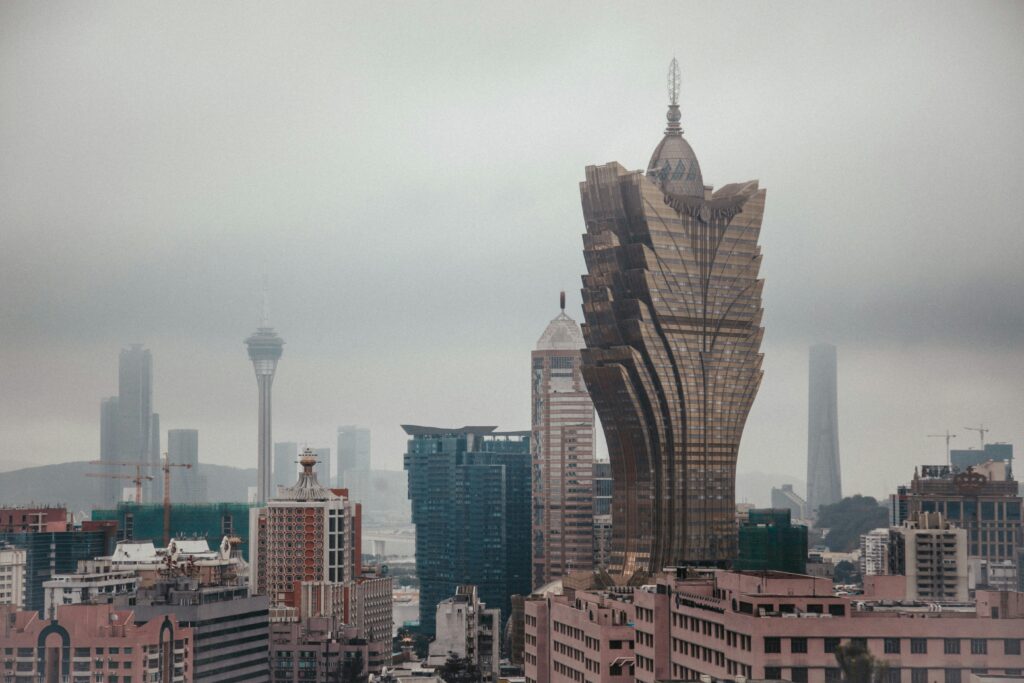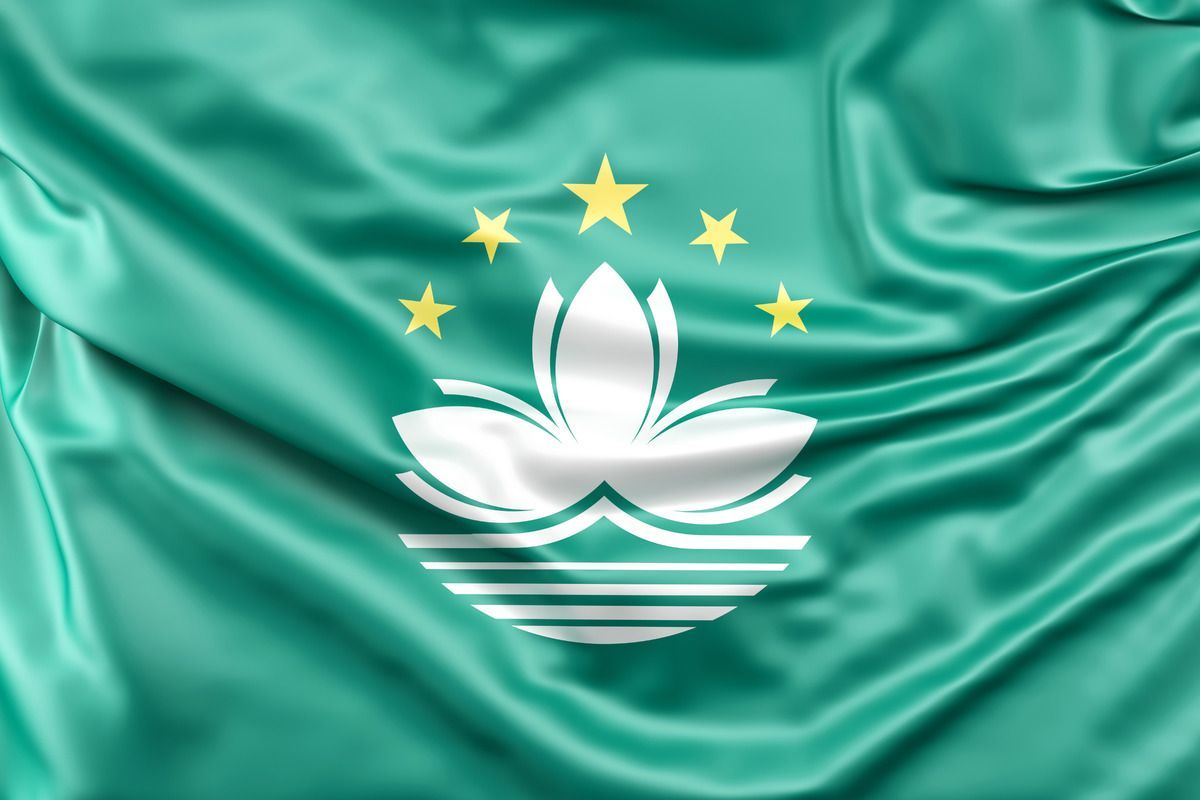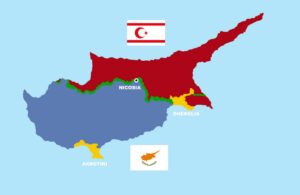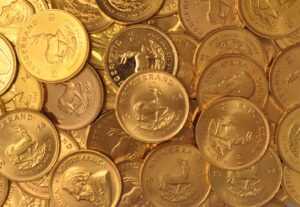The vibrant city of Macau, or Macao, presents a fascinating case of linguistic interplay, rooted deeply in its colonial heritage. This unique enclave, where East meets West, showcases a blend of Portuguese and Chinese cultures, reflected vividly in its dual spelling. The etymology of Macau/Macao is not merely a tale of varied orthography but a reflection of its rich historical tapestry and cultural amalgamation.
A Historical Convergence
The settlement of Macau by the Portuguese in the mid-16th century marked the beginning of a cultural and linguistic melding. The oldest temple, A-Ma Temple, dating back 600 years, is a testament to the city’s ancient roots and maritime heritage. Named after A-Ma, the goddess of the sea, the temple’s vicinity became the cradle of Portuguese settlement, influenced by the Cantonese pronunciation of A-ma-ngao, meaning A-Ma’s Bay.

The Evolution of Names
The transition from “Amacao” to “Macao” and finally “Macau” epitomizes the city’s evolving identity. Early European settlers, including the intrepid traveler Peter Mundy, immortalized the city as “Macao” in their narratives. This spelling, devoid of the initial ‘A,’ became widely accepted, further enriched by Mundy’s enchanting descriptions of the locale in his Itinerarium Mundi.
Official Nomenclature and Global Recognition
In contemporary times, “Macau” and “Macao” coexist, each bearing its own significance. The Portuguese spelling, “Macau,” prevails in official and local contexts, symbolizing the city’s linguistic heritage. Conversely, “Macao” is predominantly used in international forums and English-speaking realms, including the neighboring Hong Kong press.
The Cultural Synthesis
Macau’s duality in spelling mirrors its cultural synthesis, offering a window into its historical voyage from a Portuguese colony to a global city. The city’s linguistic landscape is a testament to its ability to embrace and integrate diverse cultural elements, from its gastronomy and architecture to its official documentation.





